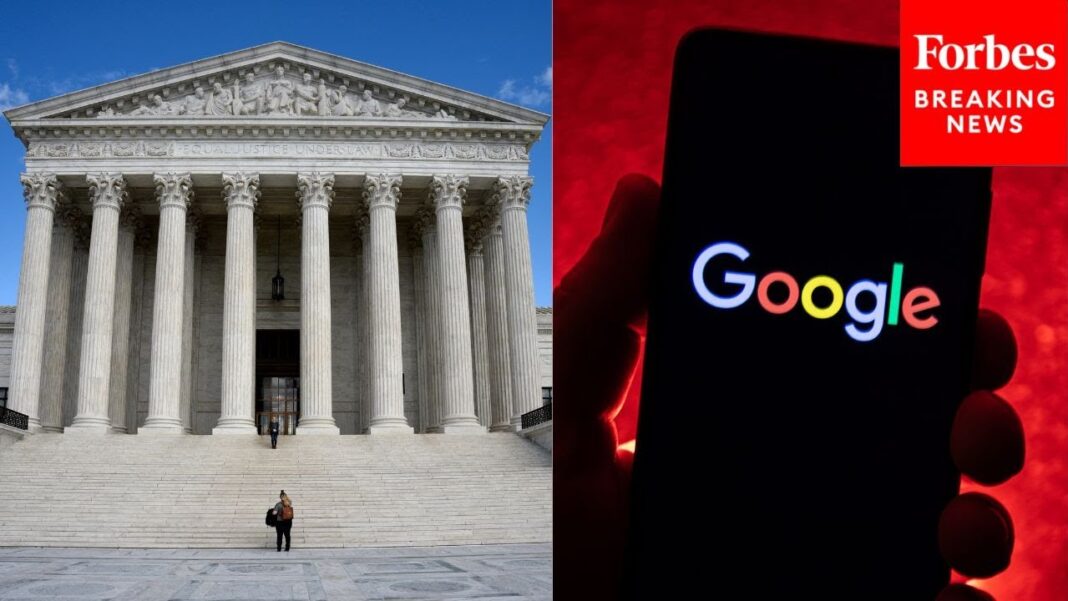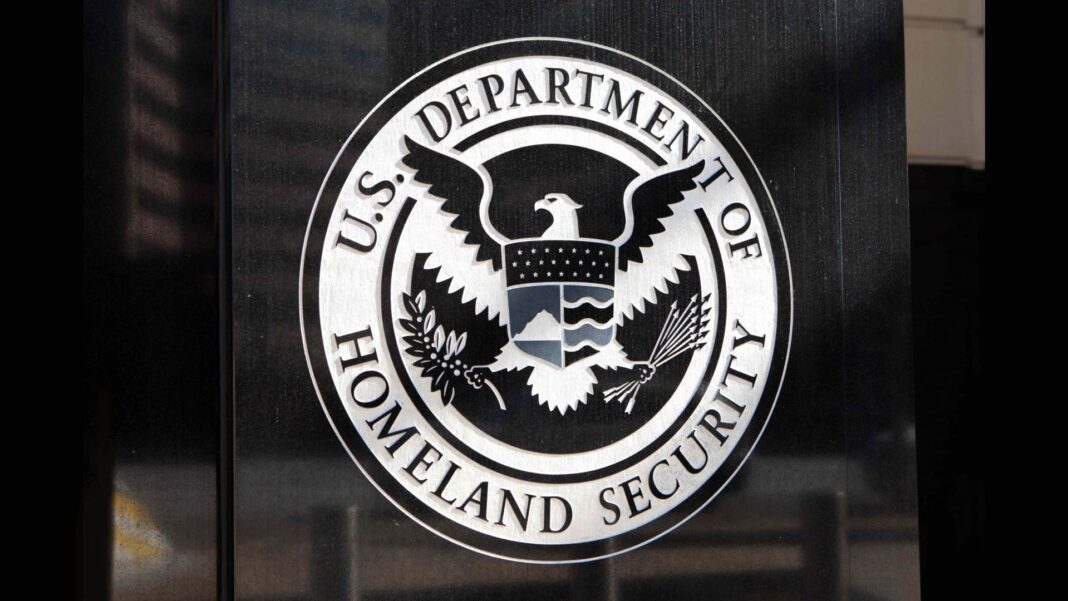The justices of the Supreme Court struggled during oral arguments on Feb. 21 about the extent to which social media platforms should be held liable when terrorist groups use the platforms to promote their causes.
Conservative and liberal members of the high court alike expressed confusion during a hearing that spanned 2 hours and 41 minutes as the lawyer for a terrorism victim’s family urged them to curtail federal protections enacted decades ago to spur the growth of the internet. Justices seemed concerned that going too far could undermine those federal protections and open the door to widespread litigation over internet content.
Big Tech and its supporters are deeply concerned that the court could eviscerate Section 230 of the federal Communications Decency Act of 1996, which generally prevents internet platforms and internet service providers from being held liable for what users say on them. They say the legal provision has fostered a climate online in which free speech has flourished.
Although social media platforms say they shouldn’t be held responsible if terrorists use their websites, critics say shielding social media platforms had led to real-world harm. Congress has been under pressure for years to change Section 230 as conservatives have complained about social media censorship and liberals have protested misinformation online.
Except for Justice Clarence Thomas, who has suggested that the Supreme Court should revisit the reach of Section 230, the justices’ views on the legal provision have been largely unknown.
The case, Gonzalez v. Google LLC, court file 21-1333, goes back to 2015, when student Nohemi Gonzalez, 23, a U.S. citizen, was killed in an ISIS attack in Paris. The killing was part of a larger series of attacks the terrorist group carried out in that city that led to 129 deaths.
Her family sued, claiming that Google, owner of YouTube, was liable under the federal Anti-Terrorism Act for aiding ISIS recruitment efforts by allegedly using algorithms to steer users to ISIS videos.







